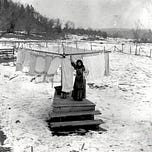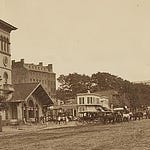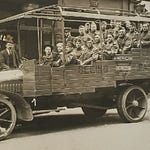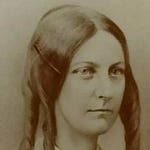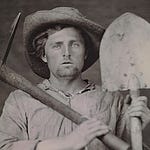The dark path.
It is the morning of August 18, 1790, and the nation’s first president is in Newport, Rhode Island, meeting officials and representatives of religious groups.
Among them is Moses Seixas, the son of Portuguese immigrants, who leads Newport’s Jewish congregation.
The day before, Seixas had written to Washington seeking assurance that Jews, persecuted throughout history, would be entitled to all of the rights and privileges of American citizens regardless of their religious affiliation.
From Washington’s reply:
“All [citizens] possess alike liberty of conscience and immunities of citizenship.
“[T]he Government of the United States… gives to bigotry no sanction, to persecution no assistance…

“[It] requires only that they who live under its protection should [conduct] themselves as good citizens...
“May the children of the stock of Abraham who dwell in this land continue to merit and enjoy the good will of the other inhabitants,
“while everyone shall sit in safety under his own vine and fig tree and there shall be none to make him afraid.1
“May the father of all mercies scatter light, and not darkness, upon our paths…”
The First Amendment, with its rejection of state-imposed religion and promise of religious liberty, will be added to the Constitution the next year.2
Only those who have chosen the ‘dark path’ of Washington’s warning would take these promises away.
******************************
I’ll see you tomorrow.
— Brenda
Banner image: Moses Seixas welcomes George Washington to Newport.
"Under their vine and fig tree" is a phrase quoted in the Hebrew Scriptures in three different places: Micah 4:4, 1 Kings 4:25, and Zechariah 3:10.
“Congress shall make no law respecting an establishment of religion, or prohibiting the free exercise thereof; or abridging the freedom of speech, or of the press; or the right of the people peaceably to assemble, and to petition the Government for a redress of grievances.”


